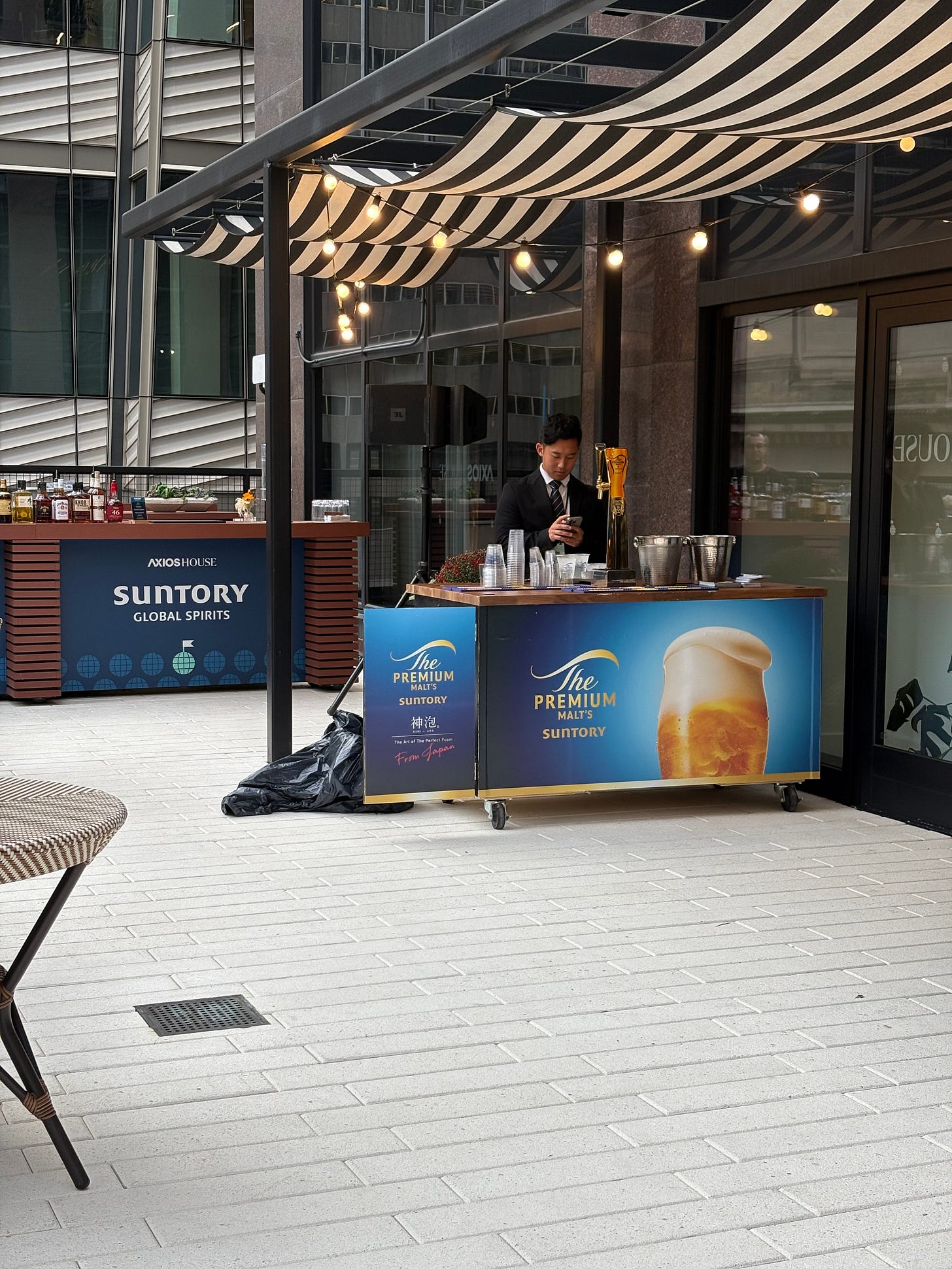More Context on the ANSES Decision to Pull Copper Fungicides from Use
Clean Creatives is out with its 2025 “F-List”
Keep reading with a 7-day free trial
Subscribe to The Full S.I.P. to keep reading this post and get 7 days of free access to the full post archives.


